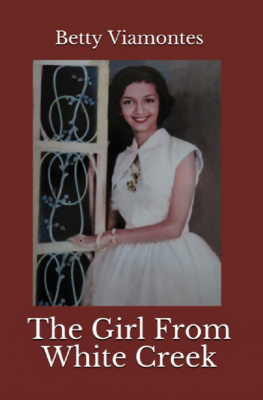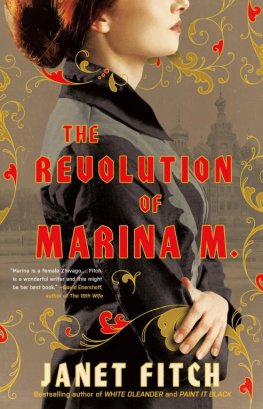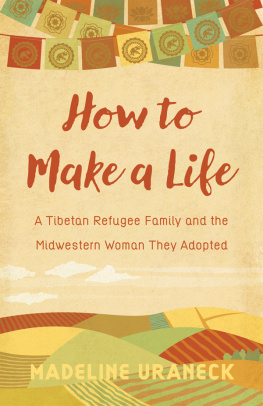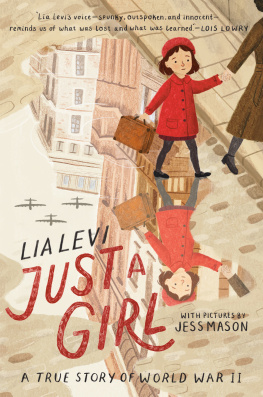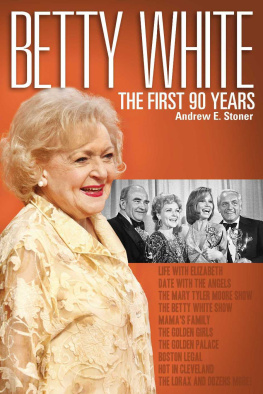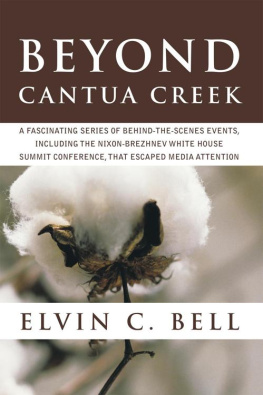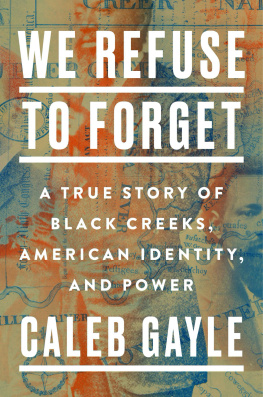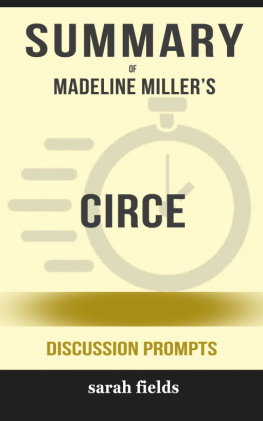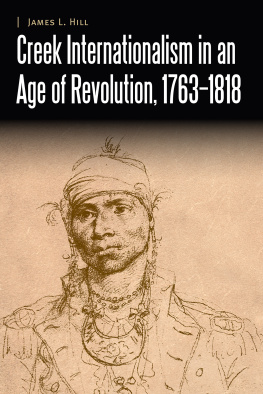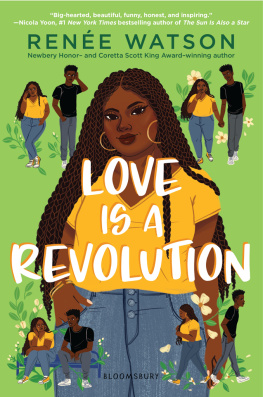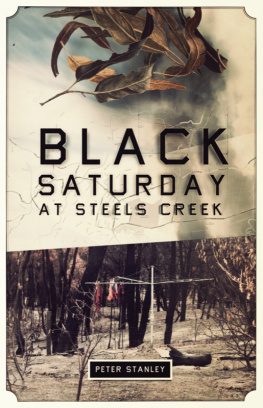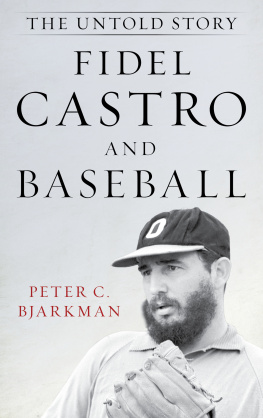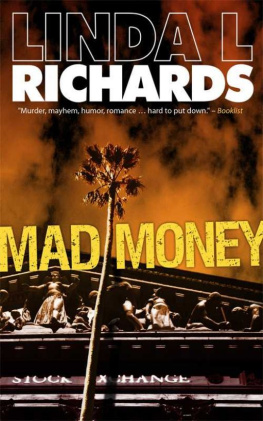The Girl from WhiteCreek
From the author of Waiting on Zapote Street ,
winner of the Latino BooksInto Movies Award, Drama TV Series category
Betty Viamontes
The Girl from White Creek
Copyright 2019 by Betty Viamontes
All rights reserved. Except for briefexcerpts in reviews, no part of this book may be reproduced in anyform, whether printed or electronic, without the express writtenpermission of the author.
Published in the United States by
Zapote Street Books, LLC, Tampa, Florida
This book is a work of creative nonfiction.Any resemblance to actual locales or events, or to any persons,living or dead, is entirely coincidental.
ISBN: 978-1-089211051
Printed in the United States of America
I dedicate this book to
My mother, my beacon of light even after herdeath.
My beloved husband, for supporting mycommunity involvement and writing career, for being the love of mylife and my best friend.
My loyal readers, for reading my booksand
encouraging me to keep writing.
My mother-in-law Madeline and father-in-lawGuillermo, for meeting with me for over two years to help medocument their story. Thank you for your love and support.
The members of all the book clubs who sokindly have chosen to read Waiting on Zapote Street, TheDance of the Rose, Candelas Secrets and Other HavanaStories, and Havana: A Sons Journey Home for your groupdiscussions.
Chapter 1 - Madeline
Narrator: Madeline

I met him in Arroyo Blanco,a town no one wrote about, before time and politics erased it fromexistence, a town too immersed on surviving to see the stormcoming. I was fourteen, but our different ages didnt matter in aplace where girls got married by age fifteen.
When my parents, my little sister, and I visited thecenter of town, he watched me from across the road. Walking at mypace, he ignored the old street vendor who passed up and down thestreet selling refreshing, ice-cold orange and lemongranizado (shaved ice). My admirers thin mustache andbrawny body made him appear a few years older than I, but theintensity of his gaze captivated me. It drew me in. It bestowedupon him a mysterious and fearless appearance. He was so differentfrom me, afraid of my own shadow.
One day, as he turned his head to look at me, hecollided with a well-dressed couple coming in the other direction.While he apologized, I covered my mouth to conceal my giggles.
For a while, he kept his distance, even on thoseoccasions when I left my parents and my sister at the grocery storeto visit the ice cream parlor with my best friend, Mirta. She was aplump girl, three years older than I, who had a round, happy faceand a contagious smile. We treated each other like sisters andshared our innermost secrets with one another.
On a hot August afternoon of the year 1955, when thesun baked the railroad track that divided the main street, andwomen and girls walked in both directions fanning themselves withabanicos, I heard him speak for the first time, a subtlegood afternoon, miss, cautious and respectful. He had a deep,husky voice I found pleasant. At the time, Mirta and I were walkingby a row of stores while discussing an article about Fidel Castrothat appeared on the Bohemia Magazine. The young revolutionary onceagain dominated the news, after President Batista granted himamnesty, two years after Castro and his men attacked the MoncadaBarracks in Santiago de Cuba.
I think hes so handsome and courageous, Mirta saidand sighed.
My father doesnt trust him, I said. He questionshis motivations, and I trust my fathers judgement.
How can you say that? Everyone likes Castro. Thepeople are with him.
As Mirta and I spoke, we didnt suspect the impactCastros release would have for our town and Cuba, or how hisactions would affect my life and that of the handsome man who hadsparked my interest.
When I heard mysuitors voice, Mirta and I stopped discussing the article andturned our heads. As my gaze met his, it struck me how small hisbrown eyes were in relation to his face. I didnt know then that heenjoyed singing, but he resembled a handsome tenor, like the ones Iwatched on my grandfathers black-and-white television set. Hisstriking good looks, thick black hair, and wide shoulderslikethose of the men who worked at my grandfathers farmsawakened inme new feelings that I didnt understand.
After he walked past us, Mirta gave me aslight push.
He likes you! she whispered.
Who, me? Hes too old for me.
Hes not that old. Didnt you see howhe looked at you? He was eating you with his eyes!
Ah! I dont think so, but if he did, heshould go find someone his own age.
For the first time, I hid my true thoughtsfrom Mirta. I didnt know why I felt the need to hide them, I justdid. We chuckled, but I hoped she was right.
My boyfriend knows him, she said.
He does? From where?
The boxing ring. They practice boxingtogether.
Boxing is for animals, I said. Yet I foundthe mixture of roughness and kindness both intimidating andfascinating.
I know his name, Mirta said, arching hereyebrows.
You do? What is it?
I knew it! You do like him. His name isWilly.
I dont like him, and I dont like his nameeither.
We both laughed.
When after that encounter I didnt see Willyfor two weekends, I thought he had lost interest. Perhaps it hadbeen my shyness, or the outfit I worea white muslin blouse, pearlnecklace, and polka-dot skirtwhich I thought made me look toorefined. Or maybe I was too skinny or not pretty enough.
I had deep-rooted insecurities, even thoughmy father worked hard to give me the best education and comfortablelifestyle a young girl could have. Regardless of how many suitors Ihad, I didnt consider myself attractive. My chest was moredeveloped than many girls my age, and sometimes grown men who cameto our house to discuss business with my father stared at me inunwelcome ways. This angered my parents, and to conceal my body, mymother made me wear blouses with ruffles and fluffy skirts. Thisunwanted attention had a different impact on me than on other girlsmy age. I felt ashamed. It made me feel like a large black dot onwhite fabric.
My relationship with my mother also affectedhow I perceived myself. We werent close during my childhood. Sheturned on a physical-punishment button as if turning on a lightswitch. I didnt understand why, but since I turned seven, shesmacked me on the head every time she was angry.
On the various occasions my father came homefrom work and found me under the bed crying, he knew she had hitme.
Why did you hit her? he would ask her.
Shes exaggerating. It wasnt like that. Shewas walking on the wet floor!
That was one of the many reasons sheinvented, always making up excuses for her behavior.
Please dont do it again, he would tellher.
My father told me that past experiencesmolded people, and for a while I wondered what secrets her pastheld that caused her to behave as she did. Her life had been anenigma for me. She didnt say much about herself, a quality Ithought she inherited from my maternal grandmother.
Every time we visited Abuela, shecooked us delicious meals and watched me eat them with pride, buther eyes revealed the sadness of someone who had suffered too much.When it came to the past, she and my mother seemed to share thesame code of silenceone only my father helped me crack.
A couple of months before my fourteenthbirthday, my father began to share with me stories about Mamspast that allowed me to piece things together. Understanding was myfirst step to forgiving.

